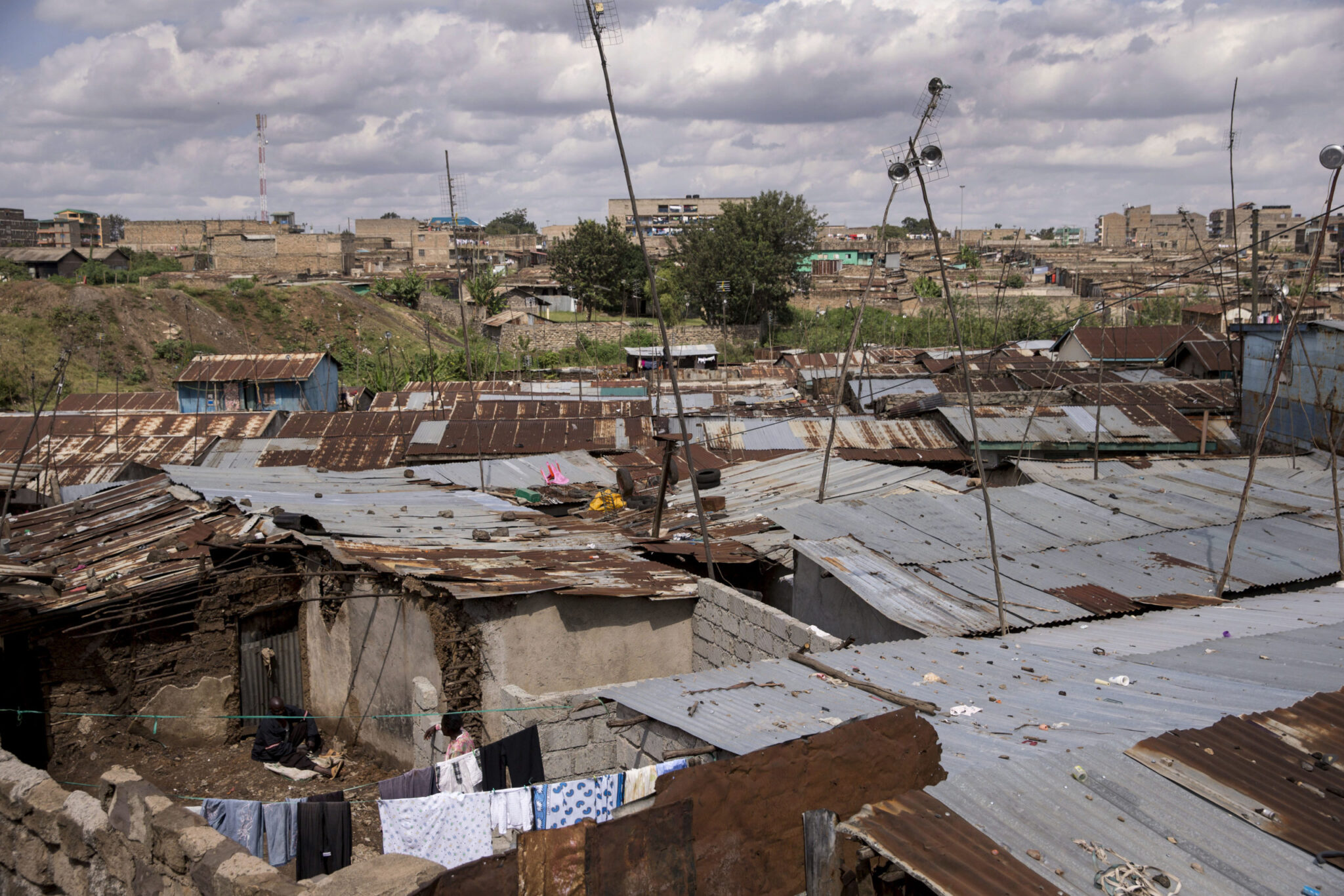Vaccine Registries and Maternal and Child Health in Kenya

A photo of the Nairobi Urban Health and Demographic Surveillance System Area in Korogocho slums , where APHRC (African Population and Health Research Center) is implementing the the Next Generation Vaccines card project.
Policy Context
Globally, immunization coverage has plateaued in the last decade. While the World Health Organization (WHO) calls for micro-planning to address vaccine equity gaps at the community level, poor data quality is a major barrier to progress. A review across fourteen countries in sub-Saharan Africa shows persistent challenges in capturing high-quality data at the subnational level. In the poorest areas of Nairobi, Kenya, only 22% of vaccinations are administered by the required time due to lack of coordination. Reliance on paper-based vaccine cards contributes to low data quality, particularly due to difficulty estimating non-vaccinated children. Digital vaccine cards can enable healthcare service providers to quickly identify and address vaccine inequities, support targeted interventions, and increase resource deployment in areas with the highest need. This study will evaluate the impact of the “Next Generation Vaccines Card,” an ongoing project aimed to promote vaccine equity and improve maternal and child health outcomes in Kenya and Uganda, including increased facility delivery rates, utilization of antenatal and postnatal care services, and improved nutritional status of children.
Study Design
Over eighteen months, researchers will assess the vaccine administration dates for babies born at the Nairobi Urban Health and Demographic Surveillance System (NUHDSS) site in Kenya. Parents will either receive access to the digital vaccine registry plus access to a vaccine card or only the digital vaccine registry, depending on their village. The researchers will interview caregivers and compare outcomes among children and caregivers whose village will receive the digital card versus those who do not.
Results and Policy Lessons
Results forthcoming.

